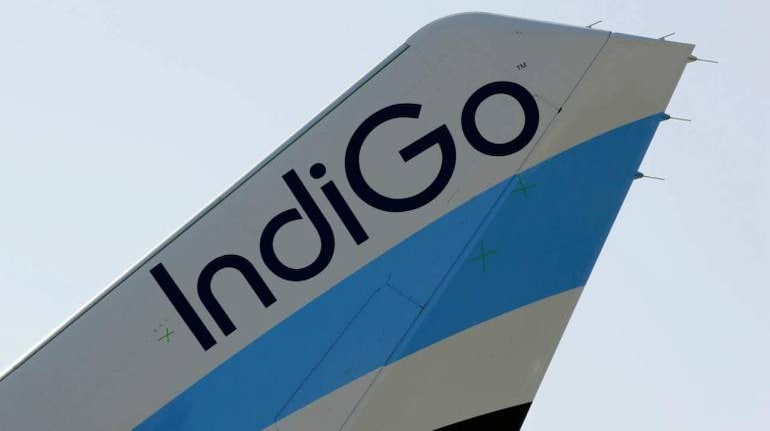



The Securities and Exchange Board of India (SEBI) has in its preliminary enquiry (PE) found several related-party transactions (RPTs) between InterGlobe Enterprises and IndiGo that were not disclosed as per required procedure, a source said.
"SEBI has found several related-party transactions that were not disclosed to the company’s audit committee and shareholders in their inquiry. The regulator has prepared a report, which has been sent to a committee of internal divisional chiefs for future course of action," the source close to the development told Moneycontrol.
The company said it has not received any communique from SEBI and hence is not in a position to comment on the same.
The issue of related party transactions had become a bone of contention between IndiGo co-founders, Rakesh Gangwal and Rahul Bhatia. Gangwal had alleged that the companies affiliated to InterGlobe Enterprises (IGE), which is privately held by Bhatia, had benefitted from transactions with IndiGo, the country’s largest airline. IGE owns 37.87 percent in listed InterGlobe Aviation, operator of IndiGo.
Apart from aviation, InterGlobe Enterprises also has interests in hospitality, airline management, travel commerce, advanced pilot training, aircraft maintenance engineering and real estate.
In a letter to the SEBI in July 2019, Gangwal had highlighted the issue, and said that “various RPTs with the IGE Group were executed without seeking audit committee approval…without seeking competitive bids from third parties and various RPTs with the IGE Group have been signed with retrospective effect (backdated)”.
In reply to Gangwal, the IGE had said that “RPTs are neither of any magnitude nor of any materiality for the Company... monetary payment under RPT is less than 1% of the total consolidated turnover of the Company”.
It is not clear whether the undisclosed RPTs found by SEBI are the same as those highlighted by Gangwal.
In any case, the IndiGo co-founders seemed to have amends after the IndiGo board changed its policy on RPTs in August 2019.
As per the new policy on RPTs, if a transaction exceeds Rs 2 crore, there will be a requirement of the four-step process for its approval.
However, the truce seemed to have been temporary as Bhatia later moved the international arbitration court in London against Gangwal. While Gangwal called for an EGM to amend IndiGo’s Articles of Association. The move didn’t get the approval of the shareholders.
The transactionsLike many large companies, IndiGo has undertaken many RPTs, which are legal so long as they are approved and disclosed through the required process.
For instance, some of IndiGo’s transactions with InterGlobe Air Transport and its units, the general sales agent for IndiGo, have the highest value. Two units, InterGlobe Hotels and Caddie Hotels, provide accommodation and transport to IndiGo's crew. InterGlobe has a joint venture -- set up in 2004 -- with multinational hospitality major Accor and runs the Ibis brand of hotels in India.
Likewise, the group also has a joint venture with CAE Inc., a world leader in modelling, simulation and training for civil aviation and defence. The joint venture, CAE Simulation Training, provides training to IndiGo pilots.
The real estate arm of IGE, InterGlobe Real Estate claims to manage funds and assets worth $300 million and has a portfolio of a million square feet. IndiGo's headquarters in Gurugram is owned by this unit of the Group, and requiring the airline to pay rent.
However, some of these have become the subject of controversy with proxy firms also raising an alarm.
In its report, IIAS had said that “investors must question the need for related party transactions in the first instance. Why should allied services required by the airline be owned and provided by promoter-controlled entities?”
IiAS drew a parallel with Sun Pharma’s dealing with its related company Aditya Medisales, transactions with which got it under the regulator’s lens.
“Such operating structures add a layer of opacity and create investor mistrust at the first inkling of wrong-doing. While the IGE group can continue to assert that the related party transactions are a non-issue, such structures have often been the cause of financial leakages in other companies in the past,” the proxy advisory firm said.
Discover the latest Business News, Sensex, and Nifty updates. Obtain Personal Finance insights, tax queries, and expert opinions on Moneycontrol or download the Moneycontrol App to stay updated!
Find the best of Al News in one place, specially curated for you every weekend.
Stay on top of the latest tech trends and biggest startup news.